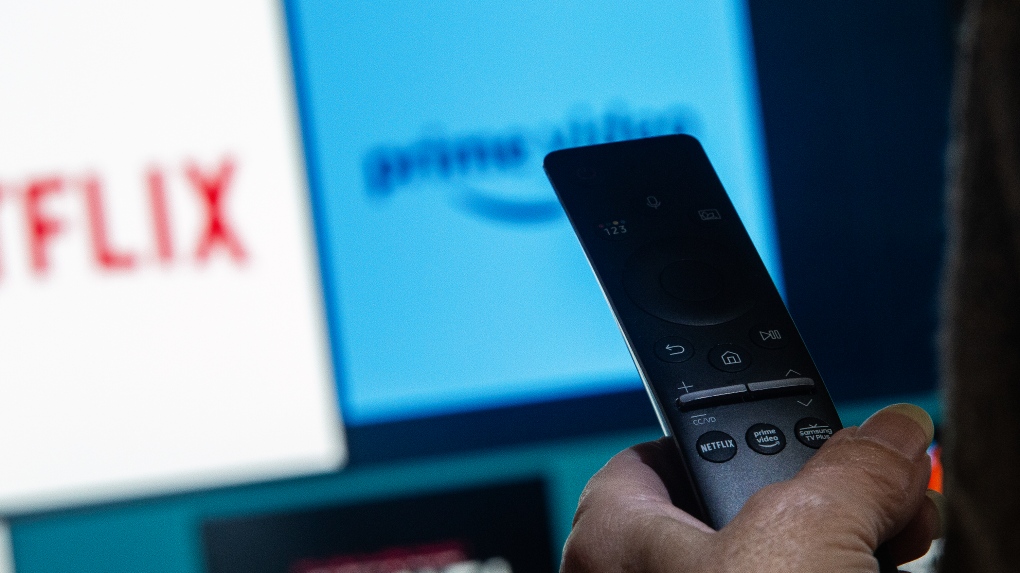With the sheer number of passwords needed today, it may come as no surprise that over 60 per cent of Canadians feel overwhelmed, and over a third reportedly forget their passwords monthly.
However, whether it’s to watch your favourite streaming service, take money out of your bank account or check your loyalty programs, passwords are likely needed.
And, they’re oftentimes your only barrier between security and data breaches, which affect an estimated 13,000 Canadians per-year.
“A simple password is often what stands in the way of you and your personal data being stolen and being used by some criminal somewhere,” Robert Falzon, who is the head of engineering at Check Point Canada, said.
“A simple password is often what stands in the way of you and your personal data being stolen and being used by some criminal somewhere,” Robert Falzon, who is the head of engineering at Check Point Canada, said.
Check Point Canada is a software provider for IT security. It recommends using complex passwords with 20 characters and a mix of upper and lowercase letters, symbols and numbers in addition to multi-factor authentication while changing passwords frequently.
According to one of several surveys done yearly to determine the most common passwords being used, 123456, qwerty, password, admin and welcome are among the most popular.
It is not recommended to use the same password across different accounts, recycle passwords or use guessable passwords like birthdays or pet and family names. Browser-stored passwords are also considered weak.
Some cybersecurity companies, like Okta, are beginning to phase out passwords all together.
“The average Canadian is running into 20 different applications a day [where they require a password],” Dan Kagan, an Okta manager, said.
“We use biometrics, voice authentication, finger prints [and] facial identification, not unlike what is happening out there with mobile phones.”
While it may still be awhile before ditching passwords for facial recognition becomes normalized for all, it is still advised to create strong, hard to hack passwords.



